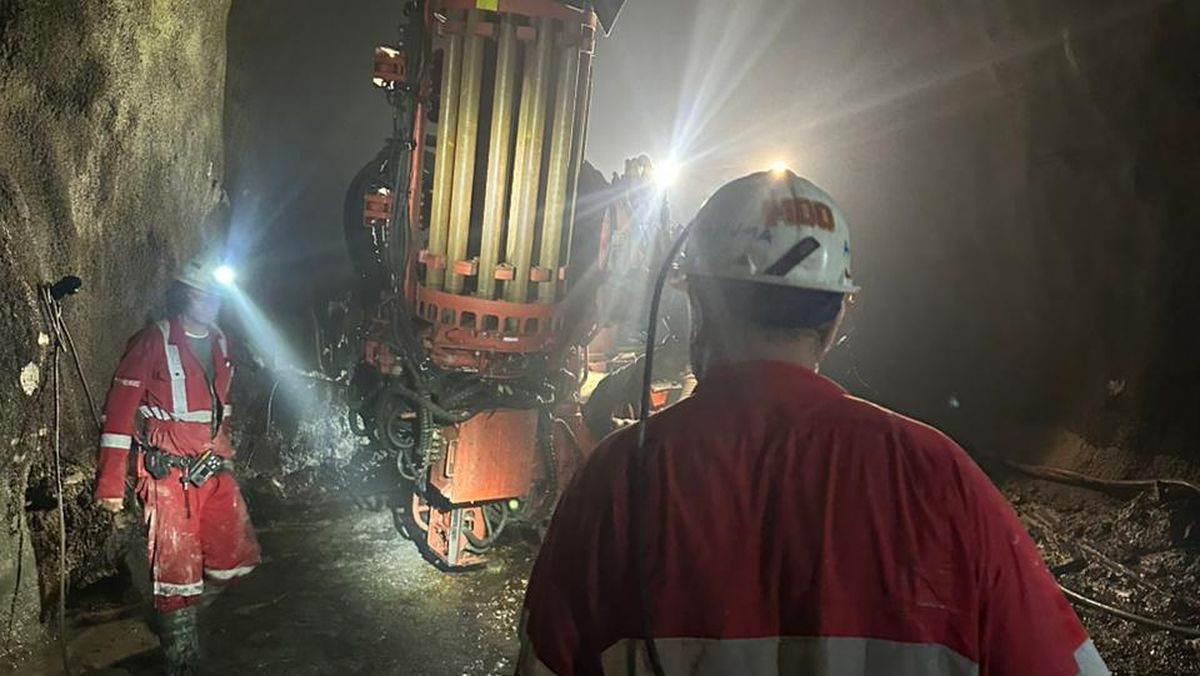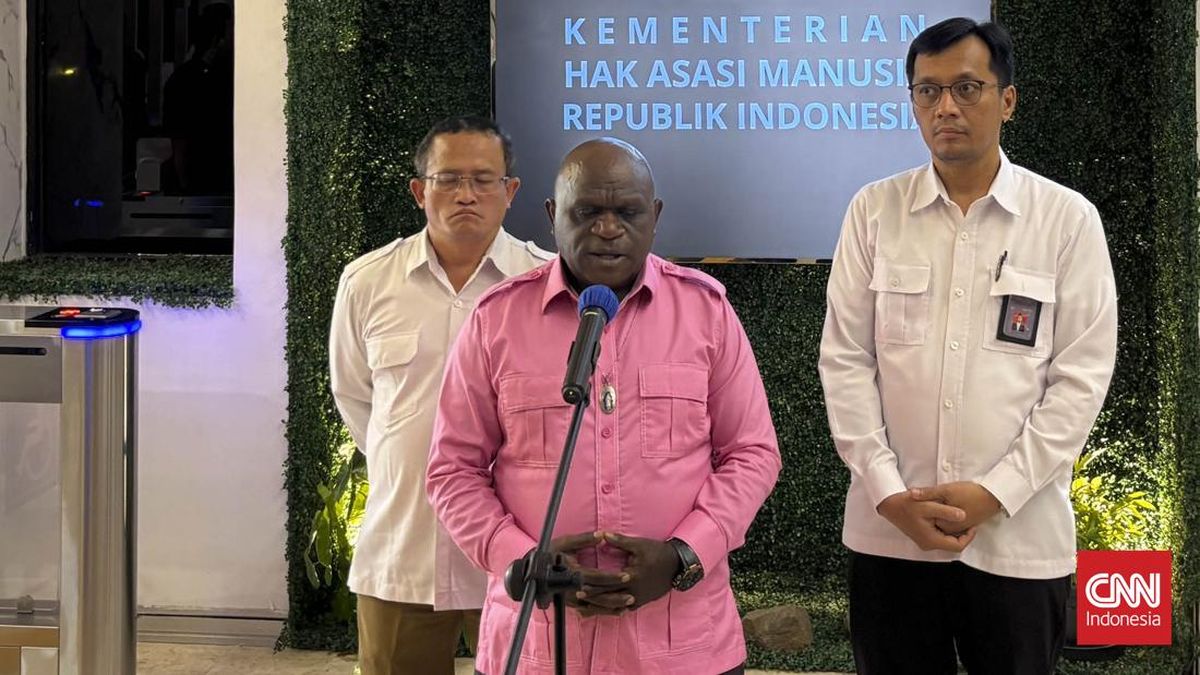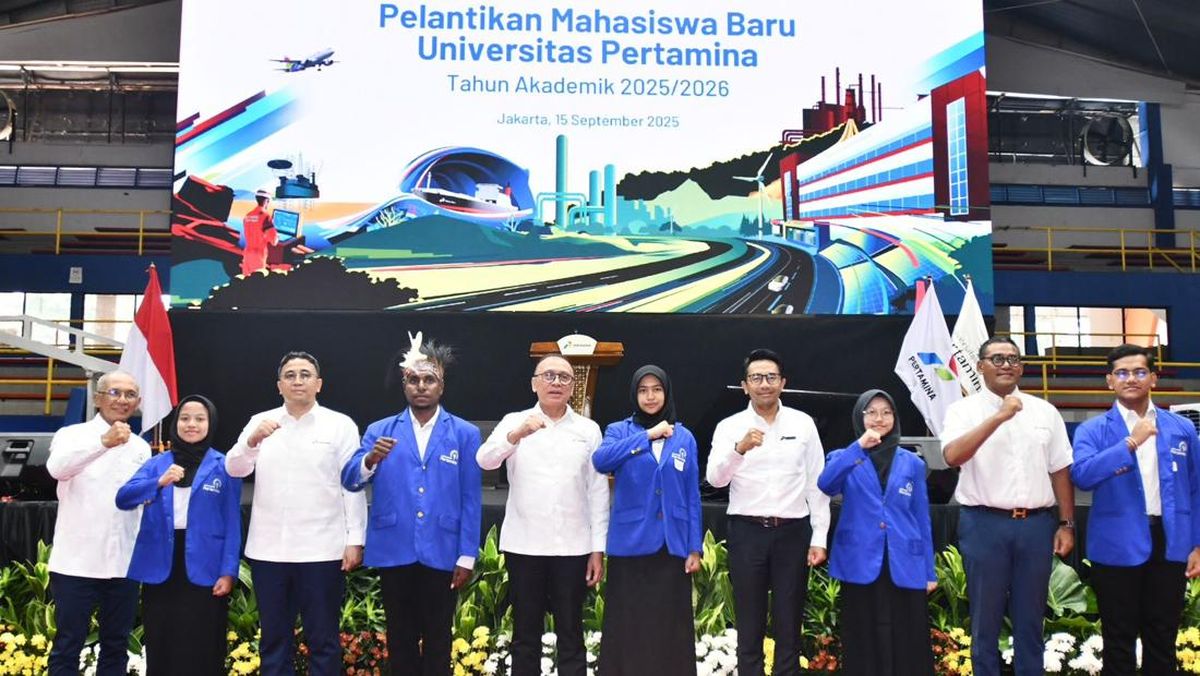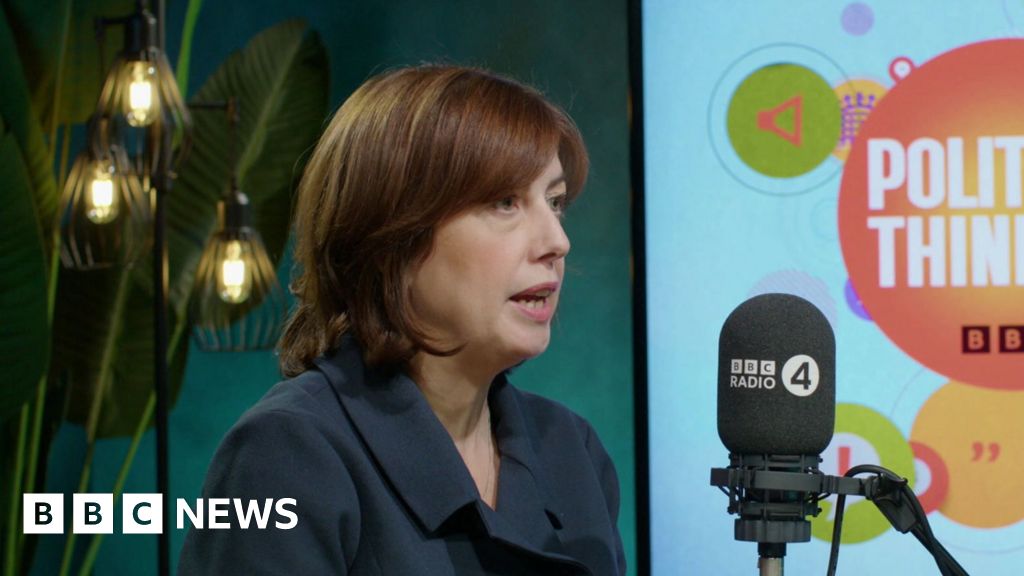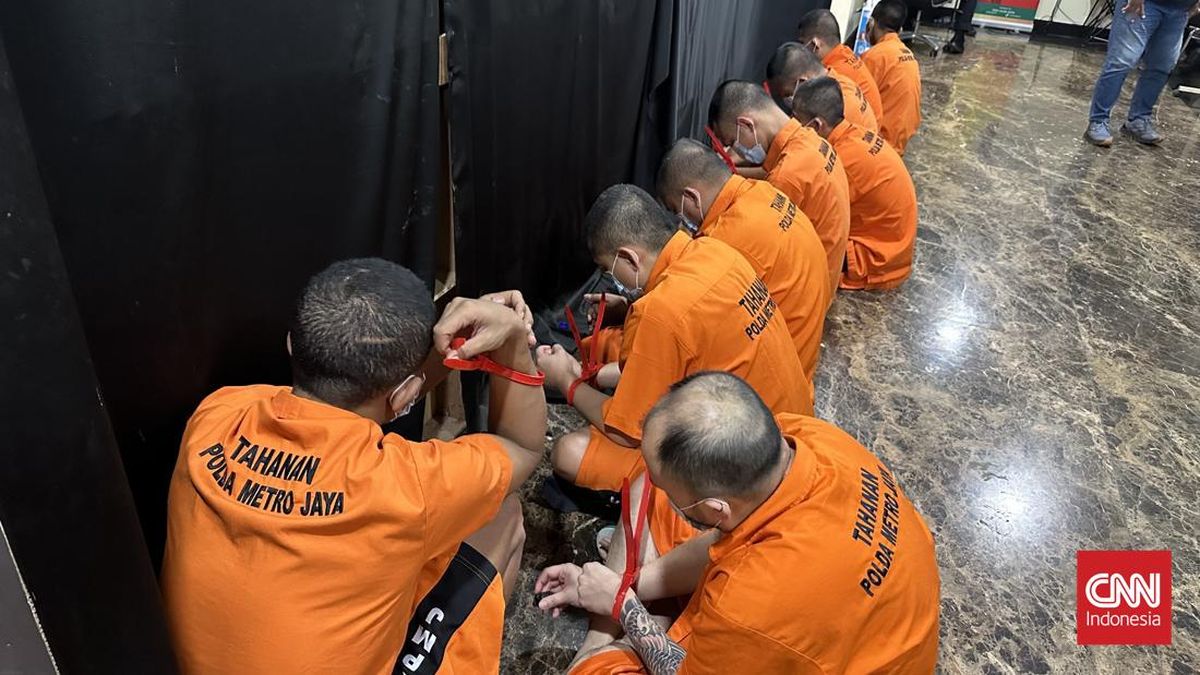Software giant Atlassian has quietly pulled off one of the biggest acquisitions in its two-decade history, buying the start-up behind Silicon Valley’s buzziest AI-powered browser in a deal worth nearly $1 billion.
The $US610 million ($932 million) cash purchase gives Atlassian ownership of The Browser Company, a New York-based firm that is building web browsers for the world’s billion “laptop warriors” who are drowning in open tabs and juggling work across numerous applications.

Atlassian CEO Mike Cannon-Brookes has been accused of being out of touch for firing 150 workers via a recorded video message.
The deal also represents a coup for Atlassian chief executive Mike Cannon-Brookes, who has been in the media for headlines that accused the executive of presiding over falling morale, and for perceptions that he was out of touch for firing 150 employees via a recorded video message.
“Browsers were built for the wrong era,” Cannon-Brookes said in an interview.
“They were built for people reading news articles or recipes, not for people living eight hours a day in applications like Jira, Salesforce, Gmail or Slack. AI changes that equation – it means the browser can become your memory of everything you’ve done at work.
“I think it’s going to be awesome, really. And I guarantee there’ll be many, many very, very excited people internally about this.”

The Dia browser from The Browser Company.
The experimental AI-powered browsers, Arc and Dia, are not pitched at everyone. Cannon-Brookes readily admits he wouldn’t recommend them to his parents or children. But for white-collar workers such as designers, engineers and salespeople, he says the difference is night and day. Dia’s AI chatbot can search the web on a user’s behalf, summarise files, draft emails and complete tasks.
The acquisition comes at a time when browsers are back in the headlines. Google is facing antitrust pressure in the US over Chrome’s dominance, and Microsoft has drawn scrutiny for pushing Edge onto Windows users. Cannon-Brookes was careful not to frame Arc and Dia as competitors to those giants, however.
“They do a very good job,” he said. “But they’re built for everyone, and that limits what they can do for specialists. In any field, competition is healthy. Our goal isn’t 6 billion users, it’s the billion knowledge workers who need a better tool.
Loading
“We think there’s a far better way for them to work.”
He said Atlassian briefly considered building its own AI-powered browser, but opted for an acquisition, particularly given that it had already been an investor in The Browser Company and Cannon-Brookes knew the founders well.
The deal also lands just weeks after Atlassian announced fresh redundancies, the latest in a series of cuts in which thousands of jobs have disappeared across the global tech sector.
High-level executives including Atlassian president Anu Bharadwaj and work futurist Dominic Price have also recently left the company, after co-founder Scott Farquhar resigned in April last year. Asked about morale, Cannon-Brookes pushed back at media coverage that described a company in turmoil.
“Look, don’t believe everything you read,” he said. “In terms of morale internally, it’s pretty good. We do regular surveys on a quarterly basis, we track those results, we try to improve them, and we try to be honest and clear with our employees at all times about what’s going on.
Loading
“So I don’t believe we have any problems. But we’re not naive, we’re not unaware. We work very hard to have the culture that we have, and I think we should be very proud of that.”
Recent headlines also focused on the 150 job cuts that Cannon-Brookes delivered via a recorded video. Critics pounced on the perceived impersonal nature of the announcement, but Cannon-Brookes said instead he regretted “the way the media spins this stuff into a cycle of bullshit”.
“Pre-recorded video messages is the way we distribute stuff,” he said. “It’s called Loom. We have a product to do that, it’s fantastic, and it’s growing like wildfire.
“Secondly, it implies that we didn’t have one-on-one conversations with every single person who’s affected. I don’t think anyone’s expecting me to have conversations with all those employees one-on-one, but their manager did. Their manager’s manager did. All of that is ignored completely. Would they prefer that I was absent from that? I bet the answer is absolutely no.”
He said the video message – delivered to employees who were across geographies and time zones – was not in conflict with Atlassian’s stated values of “open company, no bullshit” and “build with heart and balance”.
“I think we will continue to use quote, unquote, pre-recorded video messages because they communicate humanity, they communicate people’s feelings, they enable you to connect,” he said.
“I would argue that an email, which is the standard way of doing things, is a far worse way of doing this than a video message that has a person who is there talking, and you can reply with comments and questions and reactions.
“That is our standard way of doing things and it does not mean that that is the only communication that any of those people had. It does not mean we don’t have internal mobility and outplacement services and all the other things that we always do, which is never reported.”
The Business Briefing newsletter delivers major stories, exclusive coverage and expert opinion. Sign up to get it every weekday morning.
Most Viewed in Technology
Loading





